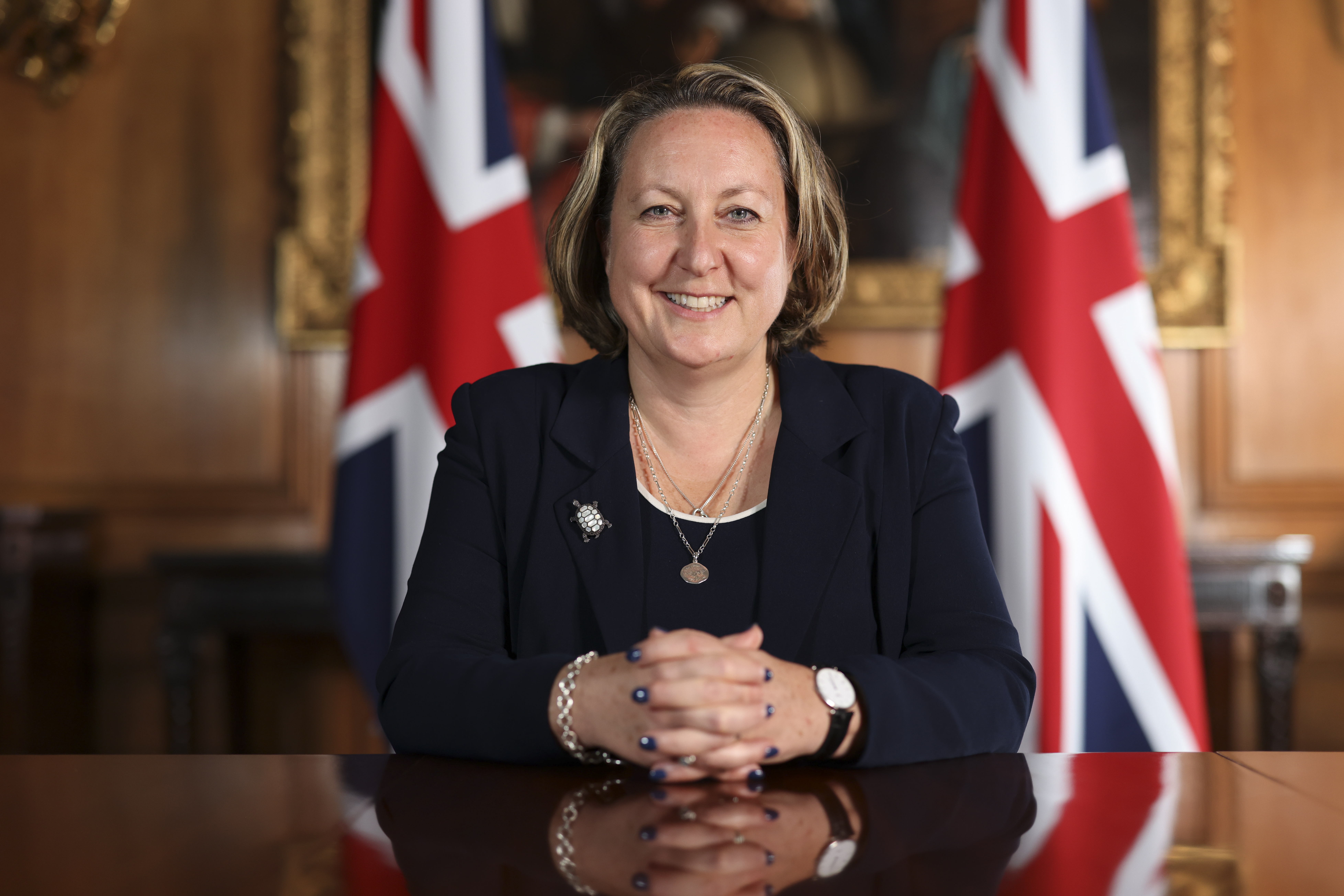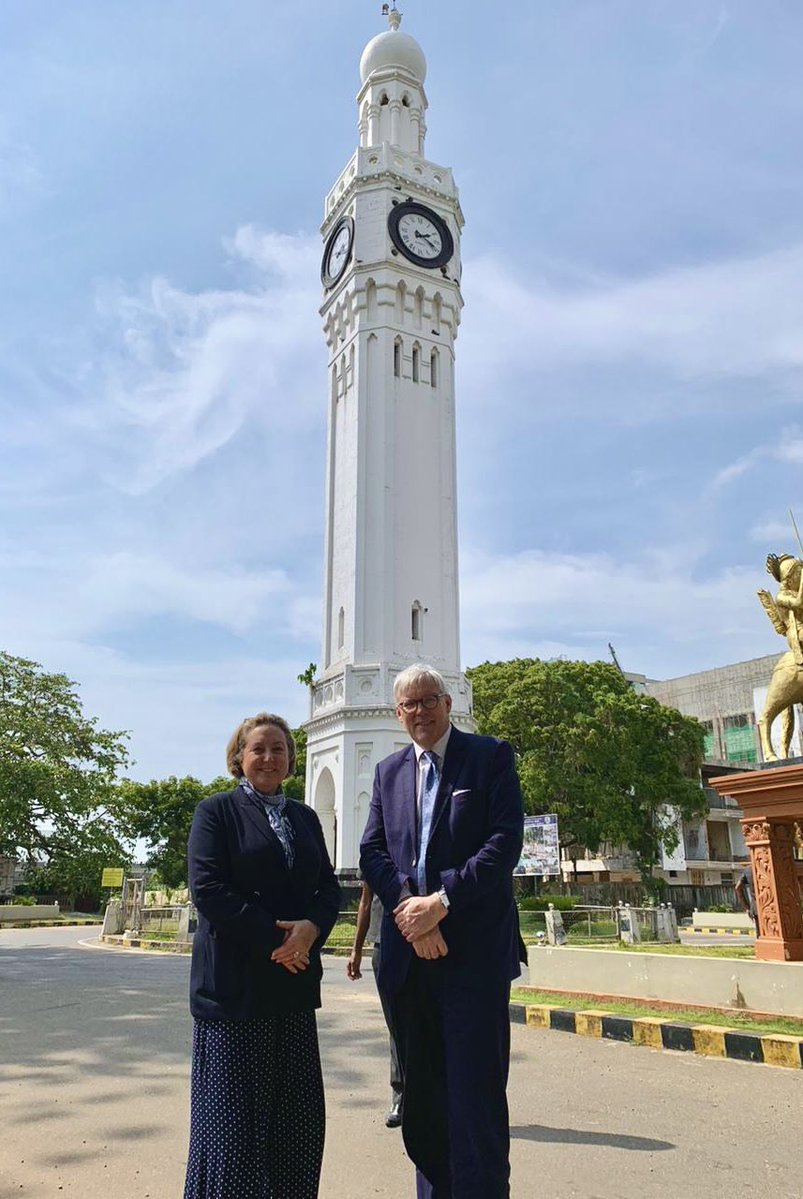
In a heated parliamentary debate on human rights in Sri Lanka, British Minister of State for the Foreign Office, Anne-Marie Trevelyan, avoided commenting on the growing bi-partisan calls for sanctions on Sri Lankan officials.
Conservative MP, and Chair of the All Party Parliamentary Group for Tamils, Elliot Colburn, raised this question directly as he asked the minister of state;
“To assure the House that the FCDO is actively considering the evidence for sanctioning those credibly accused of war crimes who are active participants in Sri Lankan high society”.
To date no Sri Lankan military or civil official has faced sanctions from the UK for their involvement in alleged war crimes. In contrast, both the US and Canada have been willing to impose sanctions on Sri Lankan officials implicated in human rights abuses.

Trevelyan responded to Colburn’s question noting:
"We absolutely recognise the concerns of the Sri Lankan public, and indeed victim groups, about the creation of a credible domestic accountability process. We continue to urge the Sri Lankan Government to address those concerns. As I said, I raised them when I was there. I was also able to discuss human rights and justice issues with members of civil society, Tamil representatives and the governor of the Northern Province when I visited Jaffna".
Read more about the Minister’s trip to Jaffna here: British minister visits Jaffna in inaugural trip to Sri Lanka
Concerns were also raised by Shadow Minister of State for Asia & the Pacific, Catherine West, who noted that whilst warm relations with the island are important “for far too long, those accused of brutal crimes in the past, including against the Tamil minority, have escaped justice”.
Sri Lanka is a key partner for the UK in the Asia-Pacific, but the Tamil community have waited too long for justice.
— Catherine West MP (@CatherineWest1) December 12, 2023
Today I urged the FCDO to outline what steps are being taken to support Sri Lankan democracy, and secure justice for the Tamils pic.twitter.com/UE5jui02bb
She further asked the minister to outline “what steps she is taking to support the Tamils’ calls for justice, including, if necessary, by taking action against existing and former Sri Lankan Ministers?”
The British minister stated in response:
“We welcomed the recent written update on Sri Lanka by the United Nations High Commissioner for Human Rights and, in September, the UK Government issued statements that emphasised the importance of inclusive transitional justice and effective governance reforms in order to highlight the arbitrary use of laws to suppress dissent. As I said, we led UNHRC resolution 51/1 on Sri Lanka, providing the mandate for the Office of the UN High Commissioner for Human Rights to report on Sri Lanka, and we continue to work with it”.
Concern was also raised by SNP MP, Anne McLaughlin who asked the minister to clarify what steps were being taken to “ensure that perpetrators of alleged human rights violations against the Tamil community in Sri Lanka are held to account”.
In response Trevelyan noted that the government led on UN resolution 51/1 and was working with international partners on this.
McLaughlin shot back noting that:
“Many prominent Sri Lankans were credibly accused of war crimes against the Tamil minority, particularly towards the end of the 30-year civil war in Sri Lanka. But all these years on, they are still at large, unlike the nearly 18,000 Tamils who went missing and are still unaccounted for”.
She added:
“How can the people of Palestine have any faith in that if the Tamil people of Sri Lanka have had the evidence sitting there for all these years and the Government are doing nothing, other than wringing their hands?”
Read the full exchange here.
